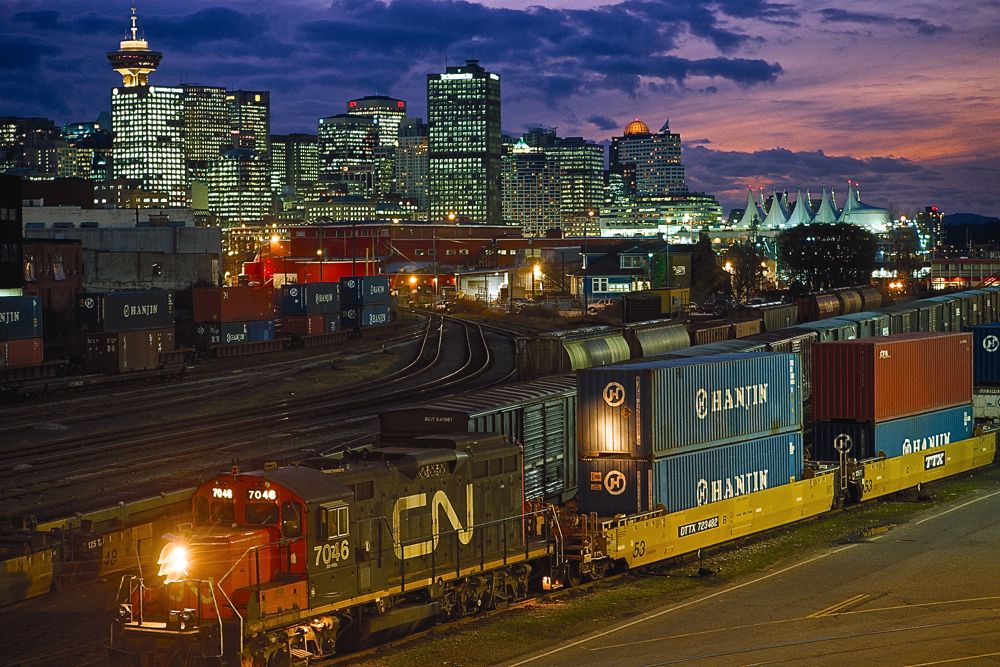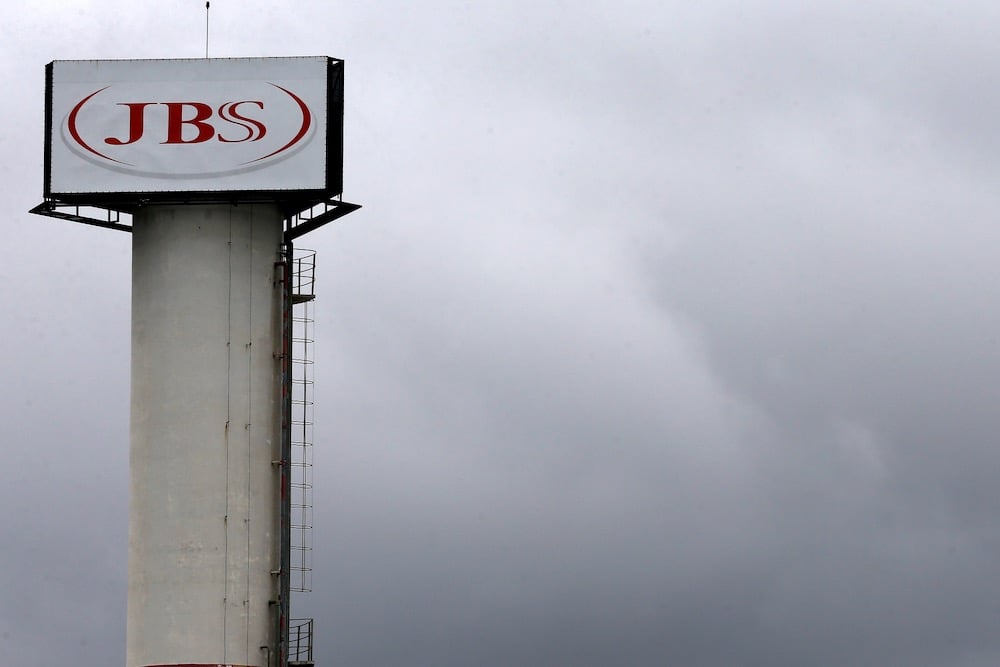Agriculture groups redouble pressure on governments, railways stop strike or lockout

Agricultural organizations across Canada have banded together to call for action to keep Canadian National Railway (CN) and Canadian Pacific Kansas City (CPKC) workers on the job.
“Our [Canada’s] reputation for supplying the world with quality agricultural products, while hard earned, is greatly threatened by unnecessary disruptions in the supply chain,” the coalition said on stopthestrike.ca
Producer and agriculture groups across Canada launched a ‘Stop the Strike’ writing campaign asking the federal ministers of agriculture and labour to use all their means to stop rail workers from walking off the job.
Read Also

JBS posts profit as chicken and pigs make up for beef slump
Brazil’s JBS SA, the world’s largest meatpacker, said on Tuesday that divisions that process chicken and pigs lifted its results, including poultry unit Pilgrim’s Pride, JBS USA Pork in the U.S., and Seara in Brazil.
The website has a countdown of “time left to avoid a catastrophe”, running out on Aug. 22, which is the end of the 13-day cooling period of negotiations between the railways and unions representing workers.
CPKC said in an Aug. 9 news release that it would lock out workers if no agreement had been reached by then.
Agricultural groups renewed calls for immediate government action to prevent a work stoppage.
“Canadian farmers need more than platitudes,” said Daryl Fransoo, Wheat Growers Sask. director, in a news release on Monday.
“We need prompt action by the federal government, rail and union officials. When factors beyond our control impact our industry, customers and food security, that is when government needs to take immediate action.”
Fransoo said the labour minister must initiate the settlement agreement and force parties to the table as soon as possible.
Agricultural Producers Association of Saskatchewan (APAS) called on the government “to explore all options to prevent simultaneous work stoppages at both railways, to avoid financial damage to Saskatchewan’s agricultural producers, and to safeguard our trading relationships with international customers.”
Some organizations, such as Keystone Agricultural Producers (KAP), said they’d made their concerns clear months ago to all involved parties, including former Labour Minister Seamus O’Regan but minimal action was taken.
Earlier this month, the Canada Industrial Relations Board (CIRB) ruled that rail service was not essential, and no activities needed to be maintained during a strike or lockout.
Approximately 94 per cent of Canadian grain is shipped via rail.
“A rail disruption could see farmers face delayed payments, as well as impact storage of on-farm inventory, jeopardizing producers’ cash flow and financial obligations,” said APAS in an Aug. 9 news release.
“A strike at this time of the year is inconvenient, frustrating, and damages Canada’s reputation as a supplier of reliable, high-quality agricultural product,” said Brenna Mahoney, KAP general manager.
Source: Farmtario.com

